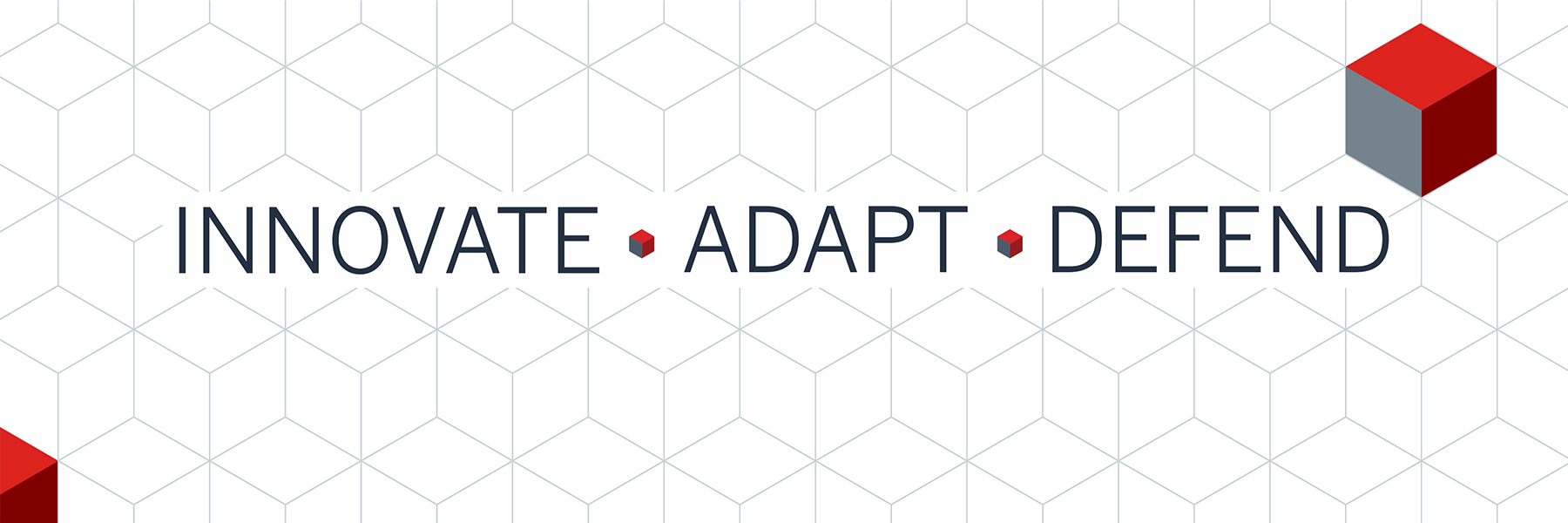Wednesday, April 24, 11am–12:15pm ET | IMU Alumni Hall
Rob Lowden
Vice President for Information Technology and Chief Information Officer, Indiana University
Rob Lowden will give the closing keynote on April 24 in Indiana Memorial Union Alumni Hall following the ITLC Technologist Recognition Awards.
As vice president for information technology and chief information officer, Rob Lowden sets comprehensive, university-wide IT strategy and leads university-wide IT services, infrastructure, and research efforts.
In his previous role as the CIO for the IU School of Medicine, Lowden led IT strategy for the largest medical school in the United States. Prior to this, he served as IU’s associate vice president of enterprise systems, during which he led adoption of IU’s course management system, implemented two-factor authentication across IU, and helped conceive the Decision Support Initiative to provide IU leaders with access to timely, accurate data to inform better decision-making.
He has held multiple IT and leadership roles at IU dating back to 1998. In addition, Lowden served as interim executive director of Unizin, a membership-based consortium of large research institutions dedicated to improving learner experiences with digital teaching and learning resources.
Lowden earned a Master of Science in Technology degree and a Bachelor of Science in Computer Technology degree, both from Purdue University. Lowden served in the United States Navy in roles including Ceremonial Guard member in Washington D.C., search and rescue swimmer in Pearl Harbor, Hawaii, and communications specialist in the Nimitz Battlegroup in Southeast Asia, ultimately earning an honorable discharge for his service.




